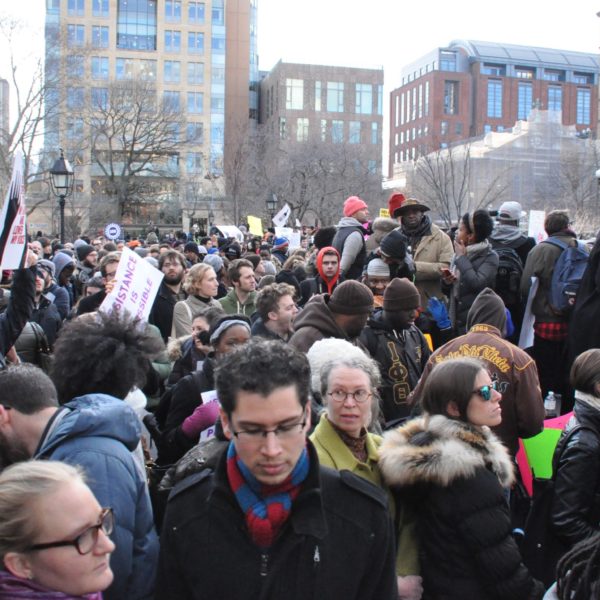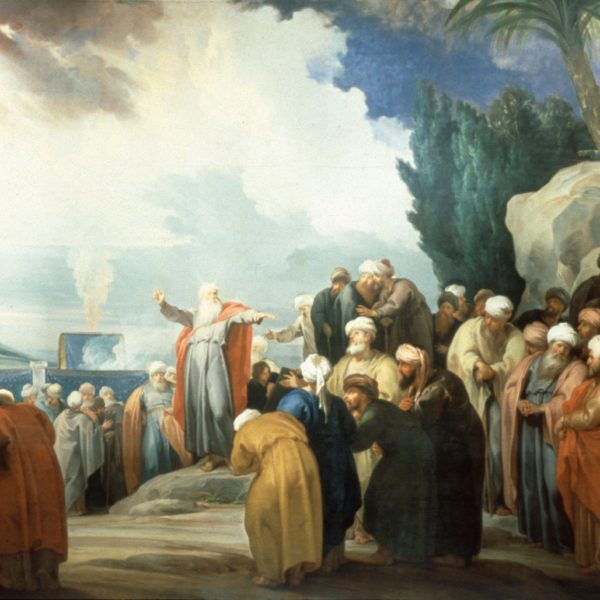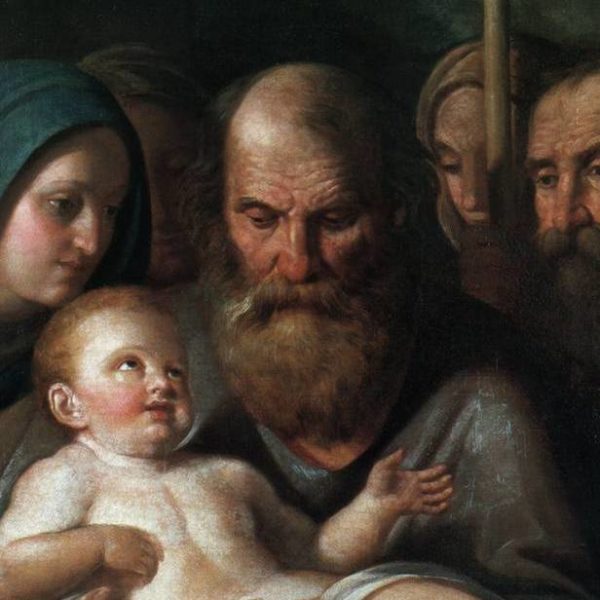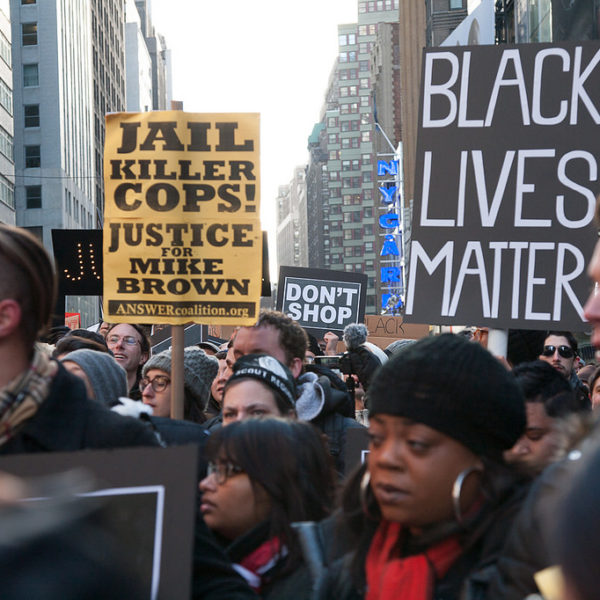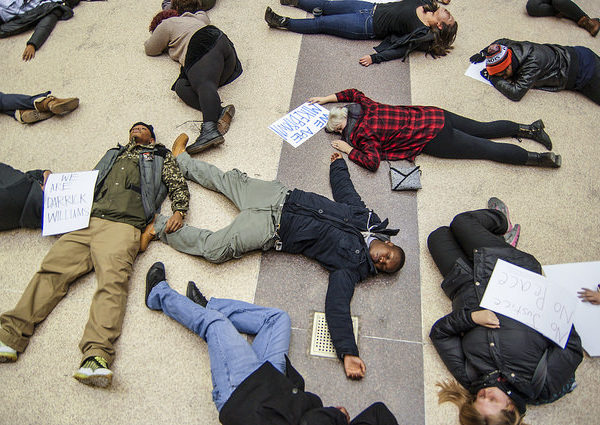
When we understand that the Nixon campaign combined a call to law and order with the so-called Southern Strategy, it becomes clear that white sympathies were cultivated and that blacks were made to play the part of the enemy. Nixon’s presidency was a take-no-prisoners form of democracy mixed with demagoguery.

Although the Apostle Paul’s discussion of our struggle against rulers, authorities, cosmic powers, and spiritual forces of evil in heavenly places may strike many readers as a relic of a primitive cosmological outlook, it is fiercely relevant in our own day, where white supremacy functions as just such a power. Ta-Nehisi Coates has spoken of the illusions and lies undergirding the American Dream and, with the Apostle, calls us to awake to and struggle against the forces and ideologies that bind and enthral us.
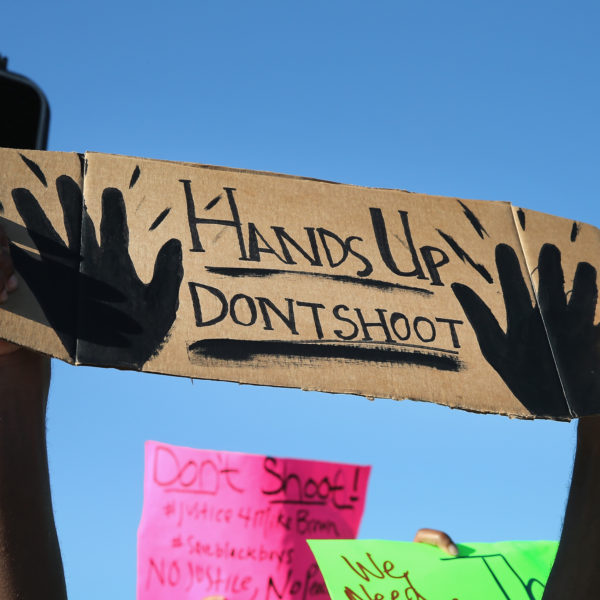
In the 17th of July, 2014, Eric Garner died after being placed in a chokehold by Staten Island police during his arrest for the suspicion of selling loose cigarettes. Less than a month later, on August 9th, Michael Brown was shot to death in an altercation with Darren Wilson, a police officer in Ferguson, Missouri. Both cases raised significant concerns about civil rights, about the possible militarization of policing in American cities, and about the treatment of minority communities by white police officers and white police forces. In response to the furor that arose, the two district attorneys, Robert McCulloch in Ferguson and Dan Donovan in Staten Island, sought to quell community distrust by going to extraordinary measures.
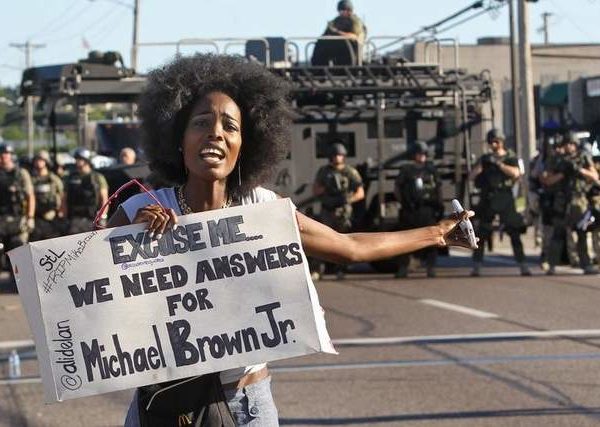
In the public imagination, dualism rules the day. The dualistic mindset sees things in pairs, and tends to perceive only absolutes. Evil must be balanced by good. The ways of righteousness have nothing to do with the ways of wickedness. Such dualism has characterized the fevered public discussion following the incidents involving Michael Brown and Eric Garner.
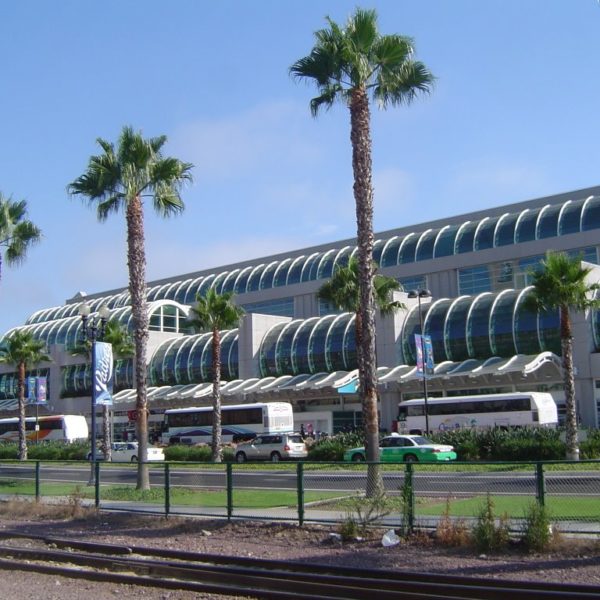
Justice fails where civil law and order are privileged over peoples’ ability to determine their destiny by confronting affronts to their dignity by legitimate powers. Let me offer two examples. I confess I am still in love with the Occupy Movement (OWS).
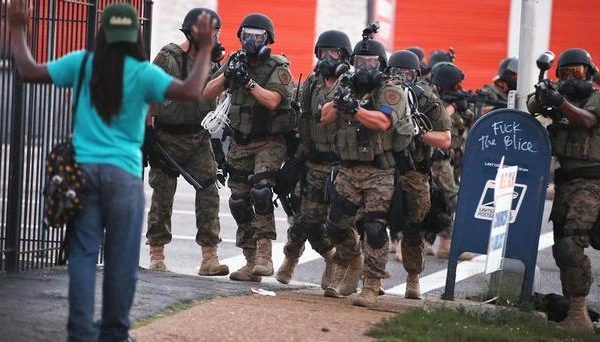
Two questions stand out: Why was Michael Brown killed and why are police units increasingly militarized so that they resemble soldiers in a war zone more than cops on a beat? The answers to these questions do indeed lead back to government–not simply to “big government,” but to a bureaucracy directed to wage war on a class of its citizens, driven by a political culture that ironically champions law and order.
